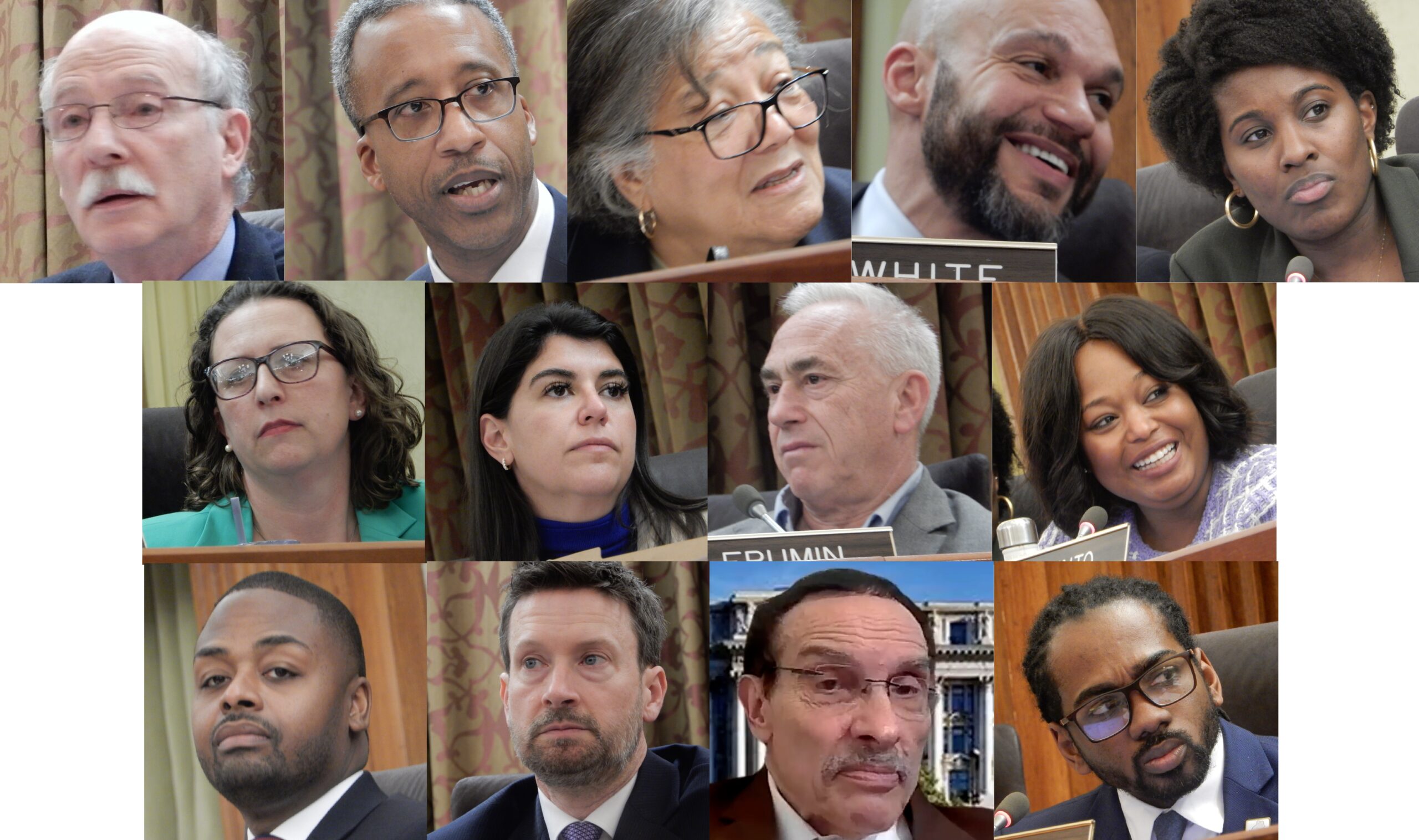Council Approves Arena Funds to Keep Teams in DC

Although neither the budget year, not the calendar year, nor the two-year Council Period are nearing completion, the last few days in the life of the Council have felt a bit like an over-packed season finale of a TV show. With action across several plot lines seeing major unexpected developments, encompassing bursts of both visceral good and bad news, it can seem almost overwhelming. But much like a season finale, it’s not really the end, it’s just a new beginning.
Drawing the most attention by far at the most recent Legislative Meeting was the Council’s approval of the Downtown Arena Financing Partnership and Revised Budget Emergency Amendment Act of 2024. The importance of this bill was belied by its brevity—at 36 lines, it is shorter than most ceremonial resolutions. The bill is an essential but extremely preliminary measure—it simply sets aside $515 million in local capital dollars across three years for use towards the arena renovation. Nonetheless, it was this anticipated action that convinced Monumental Sports to remain in the District. (A reminder: the District’s capital budget and operating budget are separate and distinct, with the capital budget funding long-term infrastructure needs and assets, while the operating budget funds day-to-day operations.)
With all the talk of the “term sheet” signed with much fanfare in the preceding week by the mayor and Monumental Sports’ owner Ted Leonsis, any and all elements of that document that are ultimately subject to Council approval (such as leases, contracts, and required legislative changes) were not on the table at all at the most recent Legislative Meeting, and will return to the Council individually at a later time. The Council’s approval of the arena funding at the most recent meeting did not conclude the Council’s participation in the arena process, it simply initiated it.
In other action at the most recent Legislative Meeting, the Council approved a bill on the first of two necessary votes that would reduce the threshold at which mandatory project labor agreements (PLA) kick in on District government construction contracts. The prior minimum was $75 million, and the newly approved limit is $50 million. Project labor agreements provide “labor peace,” meaning that the contractor agrees to the negotiated terms of the PLA, and in exchange, the involved unions agree not to strike.
Also receiving the first of two necessary votes at the most recent Legislative Meeting was a “Healthy Homes” bill that would facilitate the installation of electric appliances (and the replacement of gas appliances) in low and moderate income residences. Another bill receiving the first of two needed votes was a long-discussed bill to provide “open” (visible to everyone) captions at certain designated film showings in movie theaters. As is often the case with many accommodations for the differently abled (in this case, the deaf and hard of hearing), it is also thought that open captioning will help others, such as those will lesser hearing loss, foreign language learners, and others.
An emergency measure that would allow the Alcoholic Beverage and Cannabis Administration to close down unlicensed marijuana dispensaries on an emergency basis, and extend the duration of medical marijuana cards from two years to six also passed at the most recent meeting. The bill would also bring back for 2024 a medical marijuana sales tax holiday that was first inaugurated in 2022. The sales tax holiday would run from April 15 to April 28, and be centered around the long-held marijuana celebration on April 20, and encompass a weekend on either end. An effort to limit the location of medical marijuana dispensaries in close proximity to schools on commercial corridors was discussed but did not advance.
Another emergency bill attempted to bring limited relief to the residents of the River East at Grandview Condominium complex, a commercial development that was not built up to correct construction standards, leading to the forced relocation of many innocent first-time homebuyers. The same measure was amended to ensure that a lagging funding mechanism for the Skyland development will ultimately receive the necessary funds.
The Council’s next Legislative Meeting is scheduled for May 7.